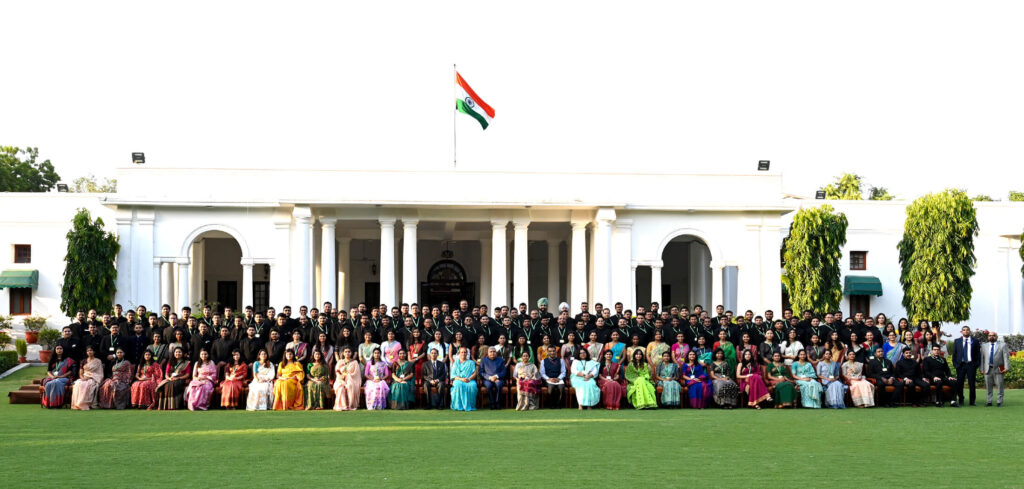
The All India Services officers are under enormous pressure. Perhaps as never before. However, to say that it is all over for the Indian Administrative Service (IAS), is a bit too far-fetched.
The statement of the Prime Minister in the Parliament a few years ago set everyone thinking. It was indeed a very strong statement made by none other than the most powerful Chief Executive of the country and made in the Parliament for the whole world to hear. The Prime Minister is known to choose his words carefully and purposefully (there have been some aberrations though in the recent past). For him to use a pejorative term “Babu” for the IAS came as a surprise to many. The irony, however, is that he continues to depend upon the officers of the IAS to run the government, on occasions even by-passing the Ministers. And, in the last Cabinet reshuffle, there were as many as five former IAS officers who have been given Cabinet berths.
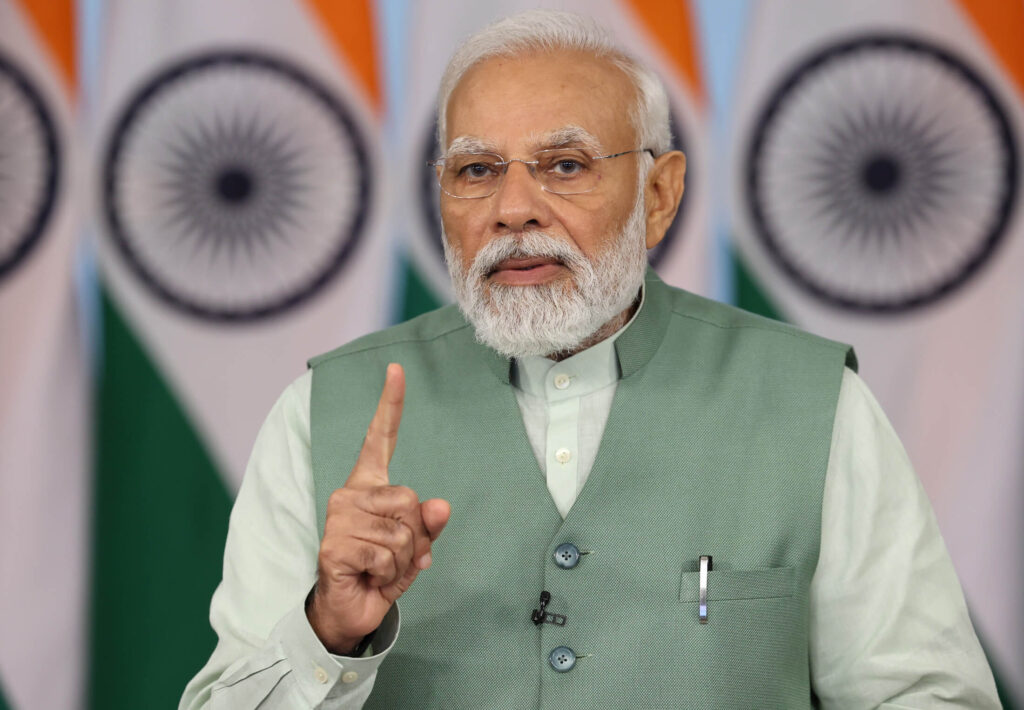
The second incident also happened a few years ago. The visit of the Prime Minister to Kolkata in the immediate aftermath of West Bengal elections (where Trinamul Congress surprisingly outran the front-runners, BJP) to review the “Yaas” cyclone fall out. The then Chief Secretary of the state was hauled up for not attending the meeting of the Prime Minister in Kolkata as he was with the Chief Minister. He might end up facing a criminal charge for not attending the meeting. If it does happen, it would be first of its kind not merely for an IAS officer but for any civil servant.
These were isolated incidents but do reflect the “crisis” that the All India Services in general and the Indian Administrative Service in particular, face in the wake of evolving volatile relationship between the Centre and the States. It seems to be going from bad to worse.
The All India Services (AIS) owe their existence to the Indian Constitution. They comprise the Indian Administrative Service (IAS), the Indian Forest Service (IFS) and the Indian Police Service (IPS). A unique feature of the All India Services is that the members of these services are recruited by the Centre (Union government in federal polity), but their services are placed under various State cadres, and they have the mandate to serve both under the State and under the Centre. Due to the federal polity of the country, this is considered one of the tools that makes Union Government stronger than State Governments. Officers of these three services are governed by the All India Services Rules relating to pay, conduct, leave, various allowances etc. These Rules are made in consultation with the State Governments. Hence, both in the formulation of Rules and in their implementation, there needs to be understanding between the Centre and the States to make these provisions work
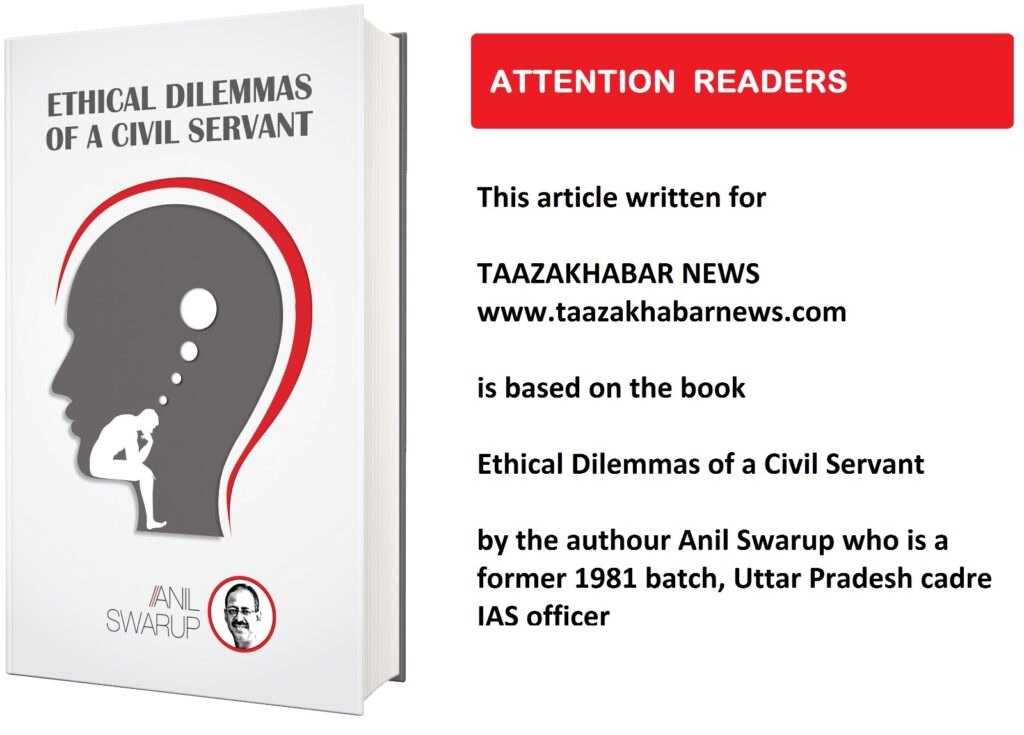
The Indian Constitution will have to be amended if these services are to be abolished. As mentioned earlier, this appears quite unlikely. However, it is quite likely that recruitment, training, service conditions, role may undergo a change. There have been past efforts to bring about a change in each of these spheres and over a period of time some of it has happened. Whereas such changes are desirable, the key aspect relating to mismanagement of the services by the politicians has not yet been addressed. The reports of Administrative Reforms Commissions have discussed this aspect at length and even suggested remedies. Even Supreme Court has indulged in such an exercise. However, the ground reality has become worse. There are Boards constituted at the Centre and many States to manage the affairs, including transfers. However, in most of the cases, the decisions are first taken and then endorsed by the respective Boards. In this context, one wonders what would be achieved by the Shibulal Committee constituted a couple of years ago but hasn’t as yet come up with something concrete.
Also Read: IAS – time to say goodbye?
The real challenges for All India Services centre on the increasing indulgence of the political class. Officers themselves are also responsible for the state of affairs as many have succumbed to the temptations and preferred to toe the line. However, in view of the fate of those that do not toe the line, it leaves little option for those that have to make a choice. What happened to the likes of Alok Verma, former Director, CBI and Ashok Lavasa who had to resign from his position as Election Commissioner are just a couple of many examples of how civil servants can be treated if they have their own mind. Both were very fine officers, selected to their respective positions after due diligence. One was unceremoniously removed and now being hounded and the other chose a convenient path because he didn’t want to be harassed any further. Government has many ways of taking care of an officer who displays “independence” of judgement. There are many such examples that leave little choice for even honest and efficient officers.
A powerful and resourceful government uses carrot and stick intelligently to coerce/lure officers into submission. Tragically, each officer has to fight his own battle all alone. As soon as the officer gets “dumped” by the government, he is deserted by his colleagues. Hence, more often than not they choose the option to toe the line, do the bidding and somehow survive.
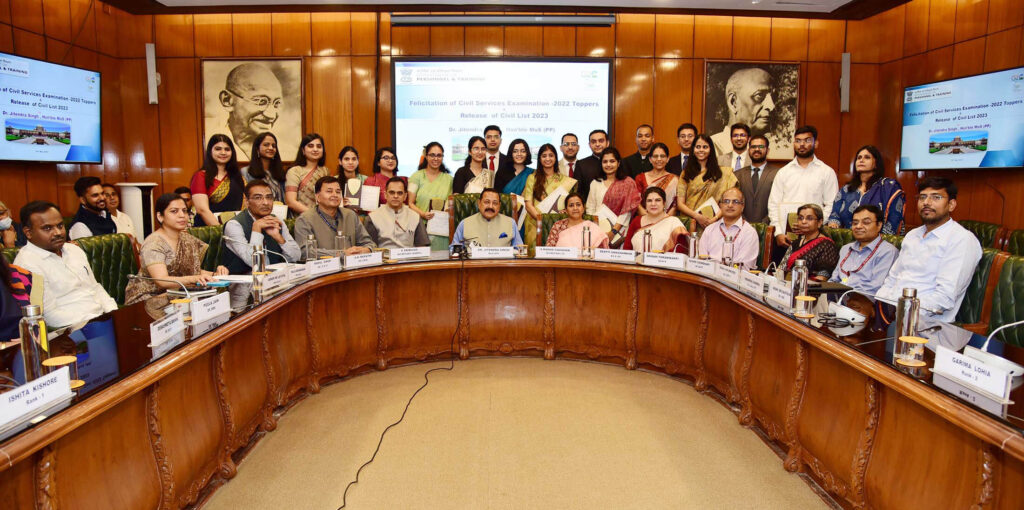
Officers getting caught in the political cross-fire is not new but its increasing number during the past decade has emerged as one of the foremost challenges before the All India Services. Political cross-fire was earlier confined to the States where the change in government also meant settling of scores as those in the previous government were hounded by the successors. Civil servants, including those belonging to All India Services, often got caught in this cross-fire. However, the West Bengal incident of a Chief Secretary being proceeded against is unique and does not augur well for the All India Service. This was a political cross-fire between the Centre and the State Government.
There are indeed officers who are always politically correct and develop the art of saying and doing the ‘right’ thing at the ‘right’ time for the ‘right’ person. These officers not only survive but thrive. They aren’t really bothered about the damage they do to the institutions as they keep climbing up the bureaucratic ladder.
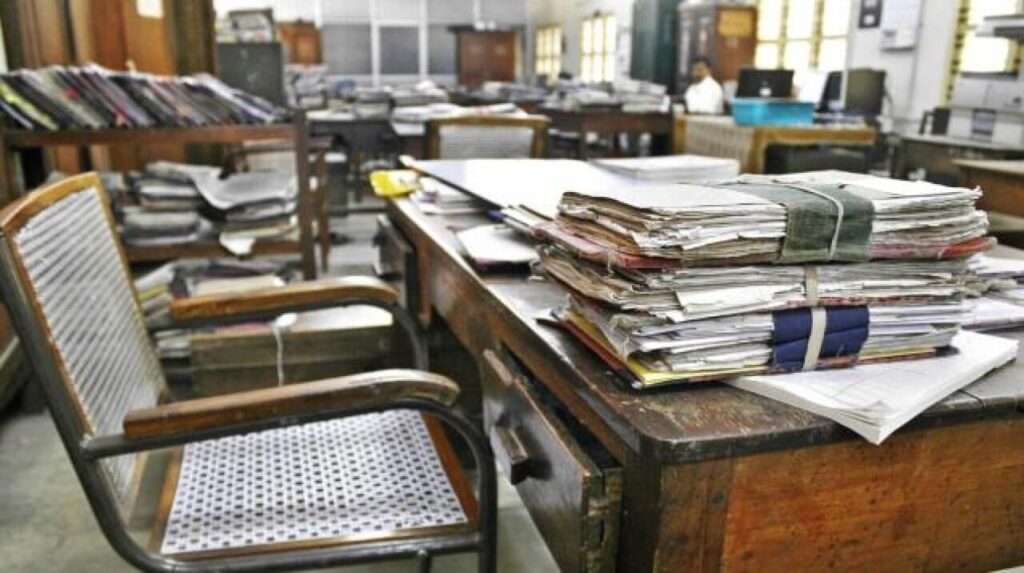
With politics in the country going down an irretrievable abyss, All India Services, especially the IAS and IPS, would face greater challenges. Pliability is not the only attribute expected of a civil servant. The demand is for allegiance. Tragically, some civil servants are already displaying these attributes. Hence, the politician has started believing that if some can, so should others. The politician now expects that the civil servant should actively assist him in political battles as well. Such expectations of the politicians have even impacted some institutions that were hitherto held in high esteem. This is an extremely dangerous trend.
The IAS is likely to survive but whether it would do so as an institution is a million -dollar question. The erosion is already visible.

